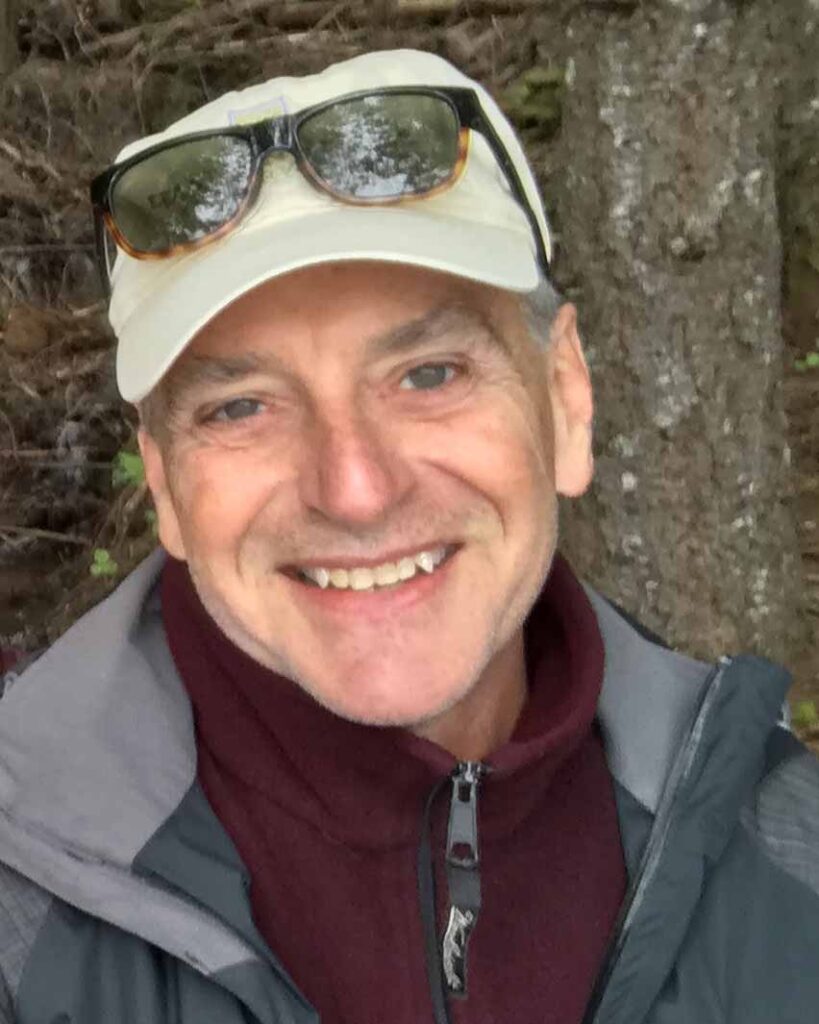Stewardship in Action: How Your Support Is Making a Difference
President Steve Jones
One of the most important questions any fly fishing and conservation organization must be able to answer is simple:
How are we using our members’ contributions to make a difference? Between 2014 and 2025, the Washington State Council of Fly Fishers International has distributed more than $58,000 in grants and donations on behalf of our members. On average, the Council donates about $5,000 annually. Those dollars have been invested with intention, guided by three enduring priorities that reflect the heart of fly fishing itself: youth education, veteran recovery, and coldwater river conservation.
Investing in the Next GenerationThe single largest share of our funding has gone to youth education, with nearly half of all donations supporting programs that introduce young people to fly fishing, conservation ethics, and outdoor stewardship. Our largest cumulative investment has been in the Northwest Youth Conservation & Fly Fishing Academy, which alone has received more than $16,000 over the past decade. We run the academy in collaboration with Washington Trout Unlimited, and they continue to be a knowledgeable and dedicated ally. In addition, we have supported kid’s fishing days, youth camps, school outreach programs, and scholarship funds, helping students pursue fisheries biology and natural resource careers. These investments are not just about teaching kids to cast a fly rod—they are about building informed advocates for rivers, fish, and public lands who will carry this mission forward long after we are gone.
Honoring and Healing Our FriendsA second major focus has been helping veterans and cancer victims in their recovery, particularly through long-standing support for Project Healing Waters and Casting for Recovery. Project Healing Waters uses fly fishing and fly tying to support the physical, emotional, and social recovery of wounded veterans. Casting for Recovery provides breast cancer survivors with fly fishing retreats that foster healing, and connection through time on the water. Together, these programs have received nearly $16,000 from our Council. These organizations use fly fishing as a tool for healing – helping veterans and survivors reconnect with nature, find calm, rebuild confidence, and form supportive communities. Our Council has helped fund programs year after year, often during times when these services were needed most. It is a reminder that fly fishing is not only a pastime, but also a powerful means of service.
Protecting Coldwater Rivers and Fisheries
The third pillar of our giving has been coldwater conservation. From habitat signage and fisheries research to land acquisition and watershed protection, Council funds have supported organizations like Olympic Peninsula Fishing Innovations which makes tools for handicapped fishers, the Coastal Cutthroat Coalition, Western Rivers Conservancy and the Wild Steelhead Coalition. Notably, major gifts in 2021 and 2023 helped support land acquisition in the Grande Ronde basin and on the Yakima River—investments with permanent benefits for wild fish and fishermen. Smaller but consistent grants for signage, research, and education projects ensure that anglers and communities understand how to protect the waters we love.
Why It Matters
Every dollar represented here came from members who believe fly fishing carries responsibility along with enjoyment. These grants reflect your values in action—values that recognize education, healing, and conservation as inseparable from the future of our sport. As the Washington State Council of FFI looks ahead, continued member support ensures we can keep investing where it matters most: in young anglers, in those who have served, and in the cold, clean rivers that sustain us all.
Thank you for making this work possible.

